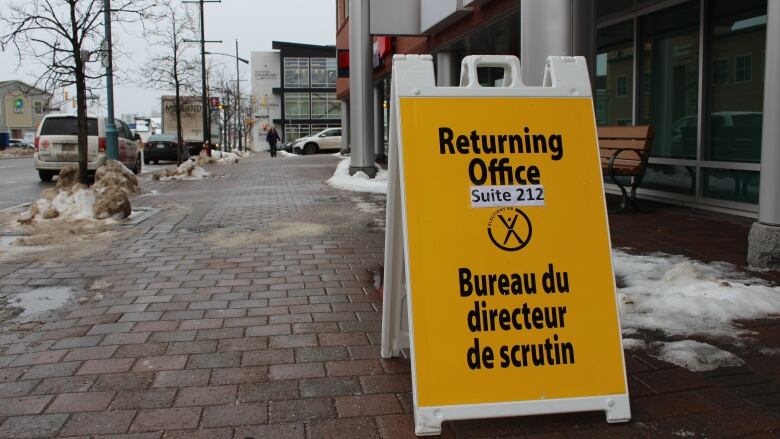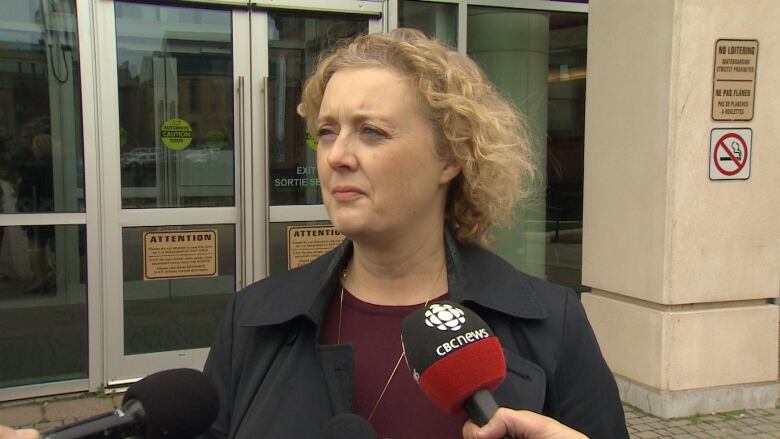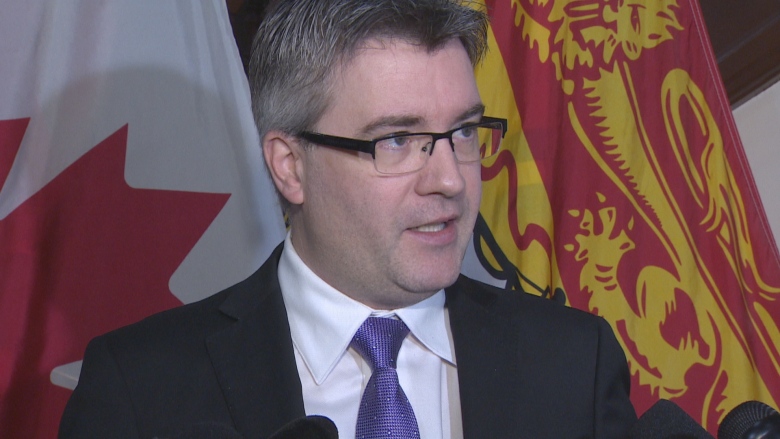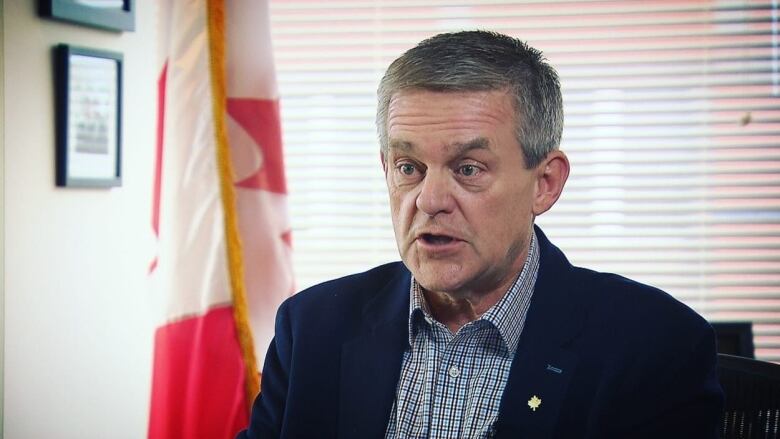Provincial transparency law doesn't apply to campaign promises in snap election
Law requiring parties to release platform cost wont apply if the election happens before October 2022

It's still not clear whether New Brunswickers will vote in a provincial election this spring, but if a campaign happens, it'll be noticeably less transparent than the last one.
A law that requires parties to research and release the potential cost of their platform promises won't apply if the election happens this year, or at any time other than the next scheduled vote in October 2022.
The Transparency in Election Commitments Act only governs elections held every four years under fixed-date provisions of the Elections Act and the Legislative Assembly Act.
"It doesn't apply because of the way the legislation is written," says Chief Electoral Officer Kim Poffenroth.
"It only applies to election commitments made before or during a scheduled general election. So if there's what we like to call a snap election, it won't apply."
Poffenroth says not having to oversee the filing of costed promises will ease the workload of her staff, which is facing the possibility of organizing a provincial vote while also working toward municipal, school district and health authority elections set for May 11.
In 2018, "there was a lot of additional work for the two or three people in our political financing unit," she said.
Poffenroth said one party official she told about the exception recently was "quite happy" to learn the requirement would not apply.
Snap staffing issues
The law requires parties to research the costs of promises made in the 90 days before the scheduled date of an election and file a "disclosure statement" with the information.
There's a complaint process involving the Court of Queen's Bench, and parties found to have not complied with the requirement can be fined and banned from advertising for the rest of the campaign.
The law provides for extra staff at the legislative library to help parties research the costs, and requires government departments to help them, in the six months leading up to the election.

That advance period by definition can't exist when the election is unexpected.
"A snap election is a snap election," said Liberal MLA Guy Arseneault. "There was no real mechanism in place that could be developed" for the same kind of costing on short notice.
"If we could find some way for a neutral third party to cost the platforms of all parties in the event of a snap election, we would welcome that," he said.
Law 'burdensome'
People's Alliance leader Kris Austin said the law was "very burdensome" for a small party like his, with limited resources, to comply with the law in 2018.
But he said his party will cost its promises regardless and he favours some kind of mechanism requiring all parties to do so. "There should be something there to hold parties to account."
The Alliance leader said he didn't know snap elections were not covered by the law until CBC News contacted his office for a comment.

While its exception for snap elections would appear to make life easier for parties, Green Party leader David Coon says he wishes the law were in effect so his team could rely on the legislative library and government departments for help.
"As we cost our platform, it's going to be a little more difficult, because the assistance that the act ensures is available to parties won't be available."
No one from the Progressive Conservative party could be reached for comment.
Legislative redo
The PC government of David Alward passed a previous version of the law that required parties to use outside auditors and left it to Elections New Brunswick to enforce the requirement.
The Liberals repealed the law in 2015, calling it "gimmicky," but then passed their own version two years later. In 2019, the PC minority government tried to replace that with a third version but withdrew it when all three opposition parties objected.
That left the Liberal law in place with its application only to scheduled elections.
Section 3 of the law says it applies to "a scheduled general election," which is defined as one happening according to a schedule set out in the Legislative Assembly Act.

It says a general election must happen on the third Monday in October in the fourth calendar year after the last one.
That means a snap election this spring would reset the cycle and establish Oct. 21, 2024 as the date for the next election--unless another minority government takes office and is defeated before then.
The same costing exception for snap elections also exists for by-elections. Premier Blaine Higgs says he'll set the date in early March for two by-elections in the Saint Croix and Shediac Bay-Dieppe ridings.
If a general election were called or triggered after that date is set, the by-elections would be folded into the general election.












_(720p).jpg)


 OFFICIAL HD MUSIC VIDEO.jpg)
.jpg)



























































































